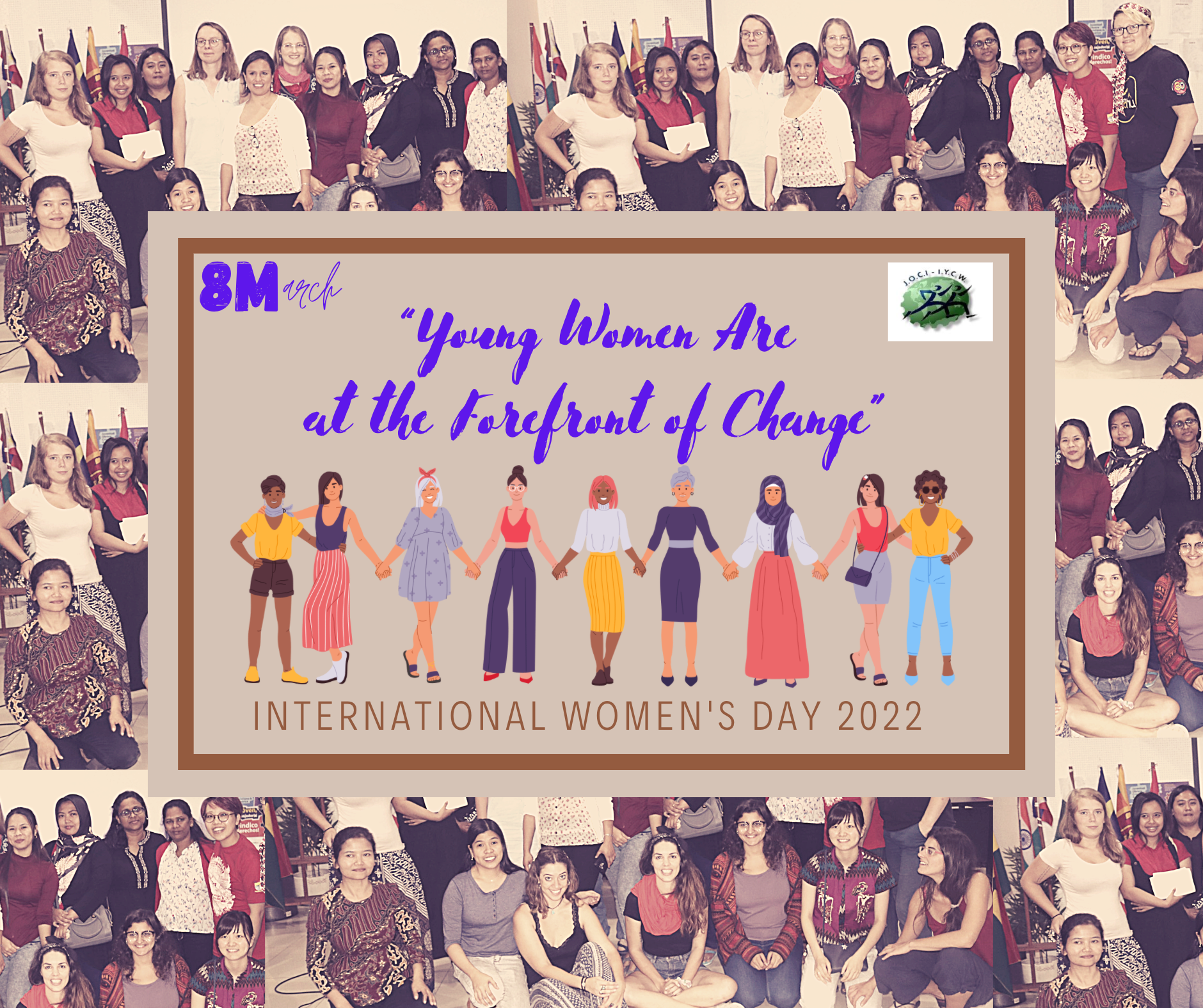
We see all over the world that the reality of women in the workplace and in society is worrying. Young women are a majority in workplaces, for example factory workers, domestic workers, migrant workers, informal workers, mall workers, service sector workers and others.
“I applied for many jobs in different factories but in vain. I ended up deciding to work as a domestic worker for a housing society. Getting a job as a domestic worker is easy compared to factory jobs. But domestic workers are not paid well.” - Pakistan
Women are victims of the world of work and low wages, victims of discrimination in terms of the salary and benefits they receive compared to their male counterparts. They did not escape the wave of work flexibilization, such as the contract system, piece rates, per quota, per day and others. The exploitation of women’s time and labor has become an unchanging reality in the workplace.




 English
English  Español
Español  Français
Français